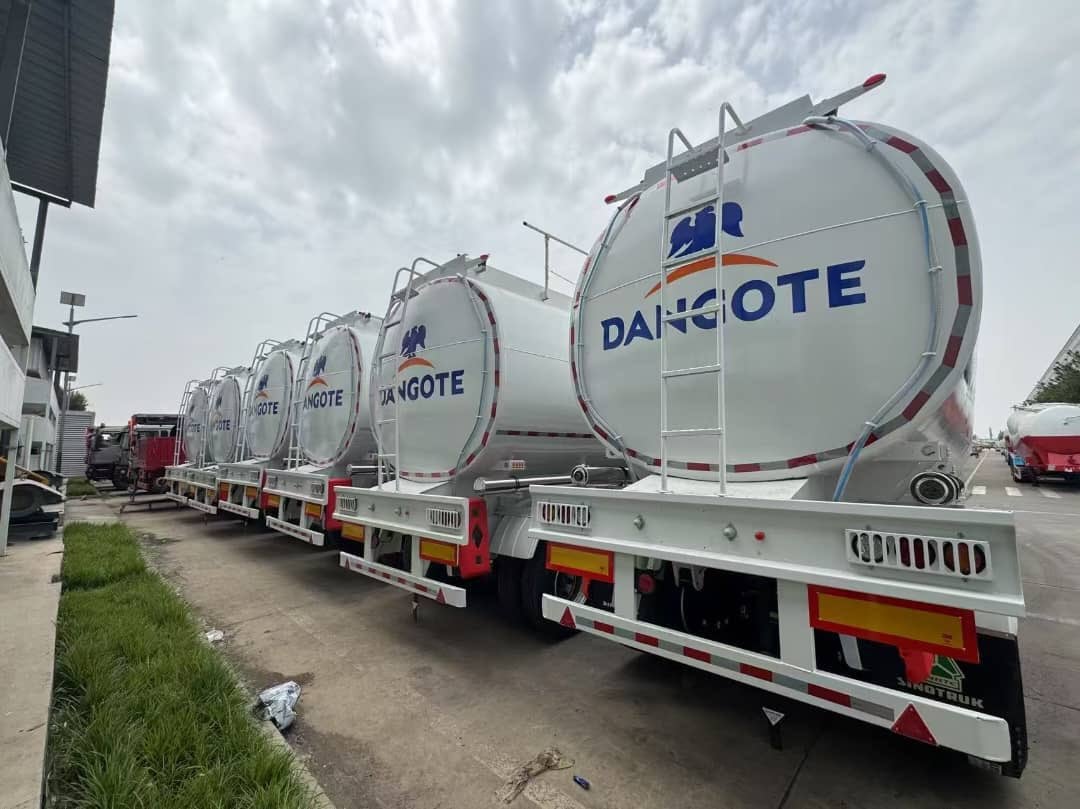Petrol: PENGASSAN accuses govt, marketers of exploiting consumers
The Petroleum and Natural Gas Senior Staff Association (PENGASSAN) has accused the government, regulators and marketers of exploiting Nigerians with the price of Premium Motor Spirit (PMS).
It urged the Nigerian Midstream and Downstream Petroleum Regulatory Authority (NMDPRA) to monitor and publish the pump price of petrol to prevent exploitation.
This was as the Independent Petroleum Marketers Association of Nigeria (IPMAN), Rivers State chapter, expressed concern over the recent announcement by Dangote Petroleum Refinery to begin distribution of PMS and diesel to marketers, dealers and premium consumers nationwide from August 15, 2025.
Also, the Petroleum Products Retail Outlets Owners Association of Nigeria (PETROAN) raised concerns over Dangote’s plans to begin direct distribution of fuel nationwide.
Speaking on the state of the oil and gas industry in Abuja, yesterday, President of PENGASSAN, Festus Osifo, said despite the fall of crude oil from above $80 to around $62, the price of PMS remained the same, with just a slight reduction that is below N10.
He added that the spirit of deregulating the downstream sector demanded a change in prices in strict accordance with the international prices of crude oil.
For the umpteenth time, PENGASSAN has urged the Federal Government to adopt the 51:49 per cent ownership model that has worked for Liquefied Natural Gas (LNG) for its refineries.
Osifo added that publishing the price band for petrol will empower Nigerians to demand a fair price when they are exploited by marketers.
Though the oil workers lauded President Bola Tinubu for signing three Executive Orders aimed at reforming the oil and gas sector, they said insecurity in the oil-rich Niger Delta would hamper the objectives of the Executive Orders.
Chairman of Rivers IPMAN, Tekena Ikpaki, said yesterday that while the initiative might appear generous on the surface, overlookingthe broader implications it holds for Nigeria’s downstream sector would be risky.
Dangote backed the initiative with a fleet of 4,000 newly acquired Compressed Natural Gas (CNG)-powered tankers to improve access to fuel across the country.
The IPMAN Chairman warned that such an unprecedented scale of distribution, if left unchecked, could significantly undermine the independence and survival of thousands of small and medium-scale operators across the country.
PETROAN’s spokesperson, Joseph Obele, in a statement, yesterday, warned that the development could lead to a monopoly in disguise and pose a significant job loss threat to Nigeria.
He urged Dangote to compete with global refineries, not operate as a distributor in the downstream sector.
PETROAN added that this could lead to higher prices, reduced competition and decreased economic efficiency.
The National President of PETROAN, Billy Gillis Harry, urged the Executive Director of NMDPRA and the Ministers of State for Petroleum to implement price control mechanisms to prevent any form of monopoly.
However, industry stakeholders told The Guardian that the moves by Dangote were not just about fuel delivery, but also an attempt to control the entire value chain, from refining to retail.
Truck logistics experts note that while 4,000 trucks are significant, it is not transformational in a country with over 30,000 fuel stations and a vast geography.
Stakeholders also warned that the use of trucks could still overwhelm road infrastructure, especially in the absence of a supporting CNG fuelling network.
Split between cautious optimism and deep concern, Petroleum Economics professor emeritus, Wumi Iledare, emphasised the need for a level playing field in a deregulated downstream environment.
While he acknowledged the move as a vote of confidence in Nigeria’s energy market, he said the scale of investment raised red flags.
“We’ve seen how Dangote’s entry has reshaped competition in other sectors. Without regulatory guardrails, this could lead to a dominant firm oligopoly, pushing smaller operators out of the market,” he warned.
Former Shell executive and energy lawyer, Madaki Ameh, praised the investment, calling it a long-overdue intervention that could reduce pump prices.
Similarly, former Chairman of the Chartered Institute of Bankers of Nigeria (CIBN), Prof Segun Ajibola, acknowledged the burden faced by downstream operators in maintaining tanker fleets.
He described Dangote’s move as a “relief to consumers” and “a potential breakthrough” if executed with high operational standards.
President of the Nigerian Economic Society and an energy scholar, Prof Adeola Adenikinju, highlighted the environmental benefits of switching to CNG, but warned that an overreliance on road transport is short-sighted.











